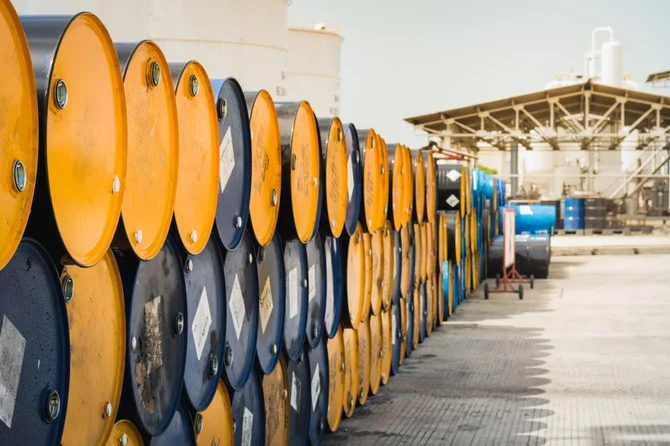The federal government has decided to scrap a proposal to introduce additional freight charges as a means to ease financial pressure on the oil industry. This comes as part of the ongoing efforts to raise funds for infrastructure projects in Balochistan, particularly road and canal development, according to a news report.
The government recently raised the petroleum levy on key oil products, including petrol and high-speed diesel (HSD), to fund the road and canal projects, which are part of a Rs370 billion initiative in Balochistan.
Despite these increases, the oil industry has expressed concerns over the financial impact of a recent sales tax exemption on these fuels, leading to an estimated loss of Rs34 billion in the current fiscal year. The Oil Companies Advisory Council (OCAC) has urged the government to address the issue, particularly the sales tax exemption introduced by the Finance Act 2024. Under the exemption, petroleum products that were previously zero-rated and allowed for input tax claims are now accumulating input tax, raising operating costs for oil companies.
The industry had proposed a Rs4 per litre adjustment in the inland freight equalisation margin (IFEM) to offset the losses caused by the sales tax exemption. However, the government has rejected this proposal.
The Petroleum Division had prepared a summary for approval from the prime minister and other relevant authorities, but the suggestion for an IFEM adjustment was not accepted, leading to criticism from the oil sector.
In addition to this, the oil industry has called for the abolition of the super tax and other levies. OCAC has specifically recommended that petroleum products be placed back under the taxable regime to reduce the burden on the sector.
The group also raised concerns about the impact of the super tax, which was initially intended as a one-time levy but has continued to strain the viability of the industry.
The oil industry further objected to the minimum tax under Section 113 of the Income Tax Ordinance, arguing that the government-fixed margins for petroleum products already cover establishment and operational costs. The industry body has suggested a reduction in the minimum tax rate to 0.25% for refineries and oil marketing companies.




